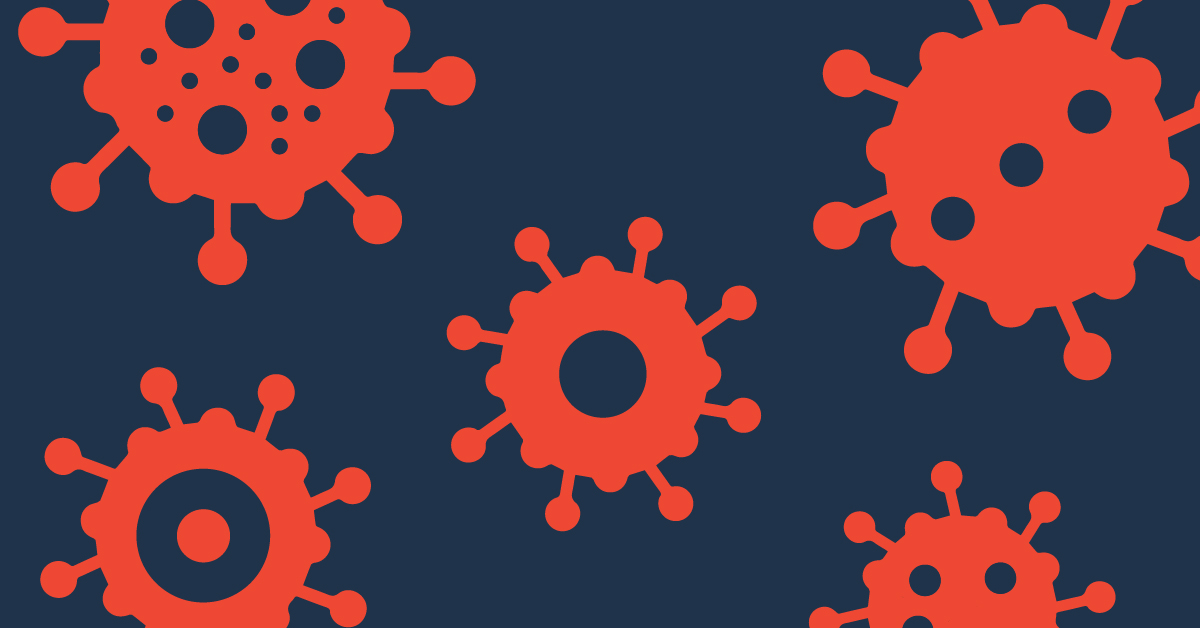World Heart Day, which takes place each year on September 29, is a global awareness day to inform people about cardiovascular disease, the world's number one killer.
The term “cardiovascular disease” (CVD) refers to any disease of the heart, vascular disease of the brain or disease of the blood vessel, and the term includes heart disease, heart failure and stroke. More people die from CVD worldwide than from any other cause: over 17.9 million every year, according to the World Health Organization.
Within the United States, CVD accounts for about one of every three deaths, claiming more lives each year than all forms of cancer and chronic lower respiratory disease combined. In fact, someone in the U.S. has a heart attack every 40 seconds, and between 2013 and 2016, 121.5 million American adults had some form of cardiovascular disease.



